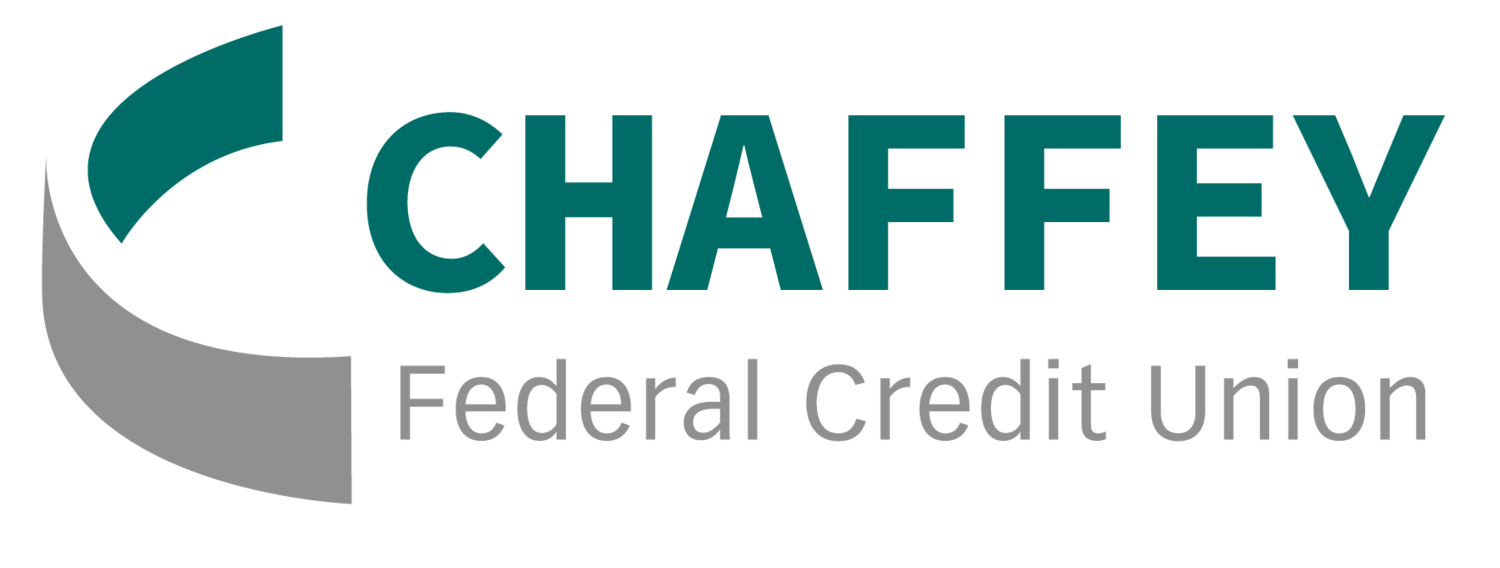Know How to Spot Identity Theft
In 2024 there were over 1.1 million complaints of Identity Theft reported to the Federal Trade Commission’s (FTC) website.
Identity Theft can happen to someone at any age, and at any time. Identity theft occurs when someone steals another person’s sensitive personal information and either uses it as their own or sells it for other perpetrators to use for financial gain or fraud. Identity theft has been making headlines for years; however, each and every year, thieves become more sophisticated. In 2024, The FTC reports that over $12.5 billion was lost to fraud – a 25% jump from the amount lost the previous year.
Staying in step with these criminal advances is a constant struggle for small business owners, corporations, and individual consumers alike. By reporting identity theft and fraud to the FTC you can prevent other individuals and families from falling victims to the same scams.
Look For Signs of Identity Theft
Although preventing Identity Theft is the best thing you can do to protect yourself, identity thieves may still find ways to get around your efforts. You should know what red flags to watch out for that can help you spot Identity Theft early. Time is of the essence when dealing with identity theft. The longer you wait to begin the recovery process, the more losses you risk facing. Early warning signs of identity theft can include:
Finding unknown charges on your credit card or bank statement
Receiving calls from collection agencies about debts you aren’t aware of
Seeing unfamiliar withdrawals from your financial accounts
Receiving bills for items you didn’t purchase or services you didn’t request
Finding out that a tax return has already been filed in your name, prior to filing your own
Being unexpectedly denied on a loan application
Receiving notification of a line of credit that you did not open
Getting notifications or other information about government benefits or loans that you did not apply for
Receiving a denial in government benefits because they are already being claimed, when this is not the case.
Preventing Identity Theft
Preventing Identity Theft is much easier than resolving it, in the event it’s been stolen. There are many things you can do to help protect your identity, and you’ll have a better chance at preventing fraud if you practice as many of these precautions as possible.
Place a Credit Freeze on your credit report. Freezing your credit prevents anyone from accessing your information until you decide to unfreeze it. Since lenders can’t see your credit when a Freeze is placed on it, scammers will have more difficulty applying for accounts in your name. Freezes can be placed directly with each of the three credit bureaus: Experian, Equifax, and Transunion
Watch your credit reports for signs of changes or activity that were not made by you. Each credit bureau is required to provide one free report to each individual every 12 months. Now, you can also request free weekly online credit reports from each bureau at annualcreditreport.com.
Regularly check your bills and financial statements. It’s common practice for scammers to make small purchases or withdrawals first to see if they can get away with it before attempting larger purchases or loans. Contact Chaffey FCU immediately if you see a charge on your account that you don’t recognize.
Use unique passwords for each of your online accounts. If a hacker obtains your password for one account, they will likely pair it with your name or email address on other sites to see what else they can gain access to. Consider using a trusted password service to help manage unique passwords. Check out our blog post on Secure Passwords for more tips.
Subscribe to a credit monitoring service. Credit Monitoring services watch your credit report and activity for you, and alert you when changes are made. Members with a Chaffey Plus Checking* account receive IDProtect**, which includes continuous identity monitoring*** and credit file monitoring***. You will be notified immediately of any changes to your credit file or get a monthly reassurance e-mail if no changes are made.
Recovering Your Identity
In the event your identity is stolen, there are important steps you can right away take to help you recover your identity. Report the fraud to the FTC at IdentityTheft.gov to get a recovery plan to guide you. If you have incorrect debts on your credit report that are the result of Identity Theft, you can use the sample letter from the FTC to notify the credit bureaus.
Identity theft can happen to anyone, and its effects can range from a small annoyance to financial devastation. While Chaffey FCU does everything in our power to ensure your personal and account details remain protected from fraud, it’s important that you protect your identity and accounts, too. The best protection is prevention, but if your information is used without your knowledge, we are standing by to help. If you believe you have become the victim of fraud or identity theft, contact Chaffey FCU directly so we can help you take any necessary next steps to protect your accounts in the future. If you are a Chaffey Plus Account holder, an Identity Theft Recovery Advocate is ready to support you.



